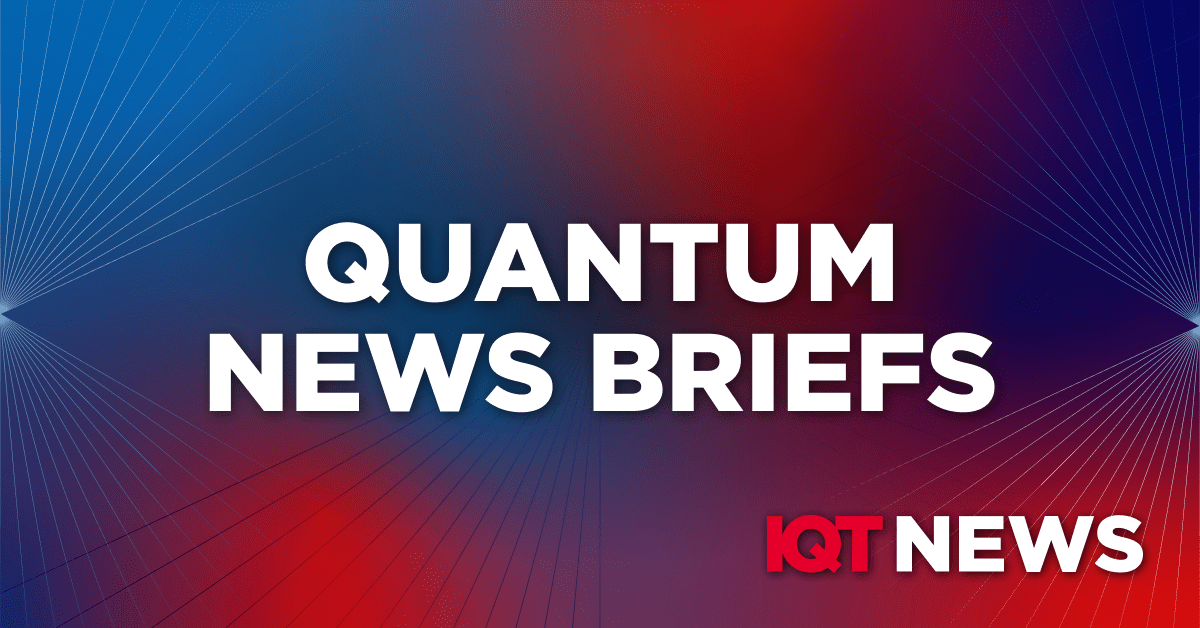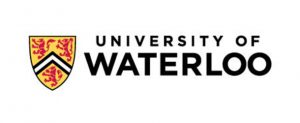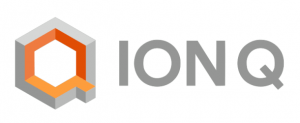
By Sandra Helsel posted 12 Jun 2024
News Briefs:
University of Waterloo’s quantum source set for integration into Canada’s first quantum satellite
 The University of Waterloo’s Institute for Quantum Computing (IQC), Dr. Thomas Jennewein and members of his research group have announced their quantum source is finished and ready to be incorporated into the Quantum Encryption and Science Satellite (QEYSSat) according to June 11 news release from the University.
The University of Waterloo’s Institute for Quantum Computing (IQC), Dr. Thomas Jennewein and members of his research group have announced their quantum source is finished and ready to be incorporated into the Quantum Encryption and Science Satellite (QEYSSat) according to June 11 news release from the University.
The quantum source, called by the project’s full name, Reference-Frame Independent Quantum Communication for Satellite-Based Networks (ReFQ), is the result of a joint collaboration between Canada and the United Kingdom.
Currently scheduled for launch next year, QEYSSat will carry this small quantum source into space where it will send polarization-encoded photons between itself and ground stations on Earth. ReFQ is a small black box, built to withstand the vibrations of launch and the conditions of space.has undergone rigorous in-lab testing and is now ready to be shipped to the researchers’ collaborator, Honeywell Aerospace, who is responsible for integrating this source into the main satellite.
OTI Lumionics selects Nord Quantique to test new quantum computing applications for materials science
![]()
OTI Lumionics, a leader in the development of production-ready advanced materials for consumer electronics, and Nord Quantique, a quantum computing company with the industry’s most advanced quantum error correction, today announced a new strategic partnership.
The partners will be working on electronic structure calculations, vibronic spectra and ab initio molecular dynamics (AIMD) using quantum simulations. The objective of this testing is to identify improved efficiencies for the development of advanced materials with potential applications in multiple industries beyond display, including semiconductors, pharmaceuticals and specialty chemicals.
Nord Quantique’s distinctive architecture and approach to quantum error correction offers the possibility of achieving fault-tolerant quantum systems sooner, using far fewer qubits than competing designs. This approach also offers fast computational speeds and low energy consumption. When coupled with OTI Lumionics’ innovative approach to materials discovery, this may bring new possibilities for identifying new materials, shorter times to bring them to market, and reduced overall development costs.
IonQ & South Carolina Quantum launch faculty & researcher quantum learning series

IonQ announced on June 11 the launch of its new Faculty & Researcher Learning Series in partnership with South Carolina Quantum (SCQ). The Learning Series is the first event following the March agreement between IonQ and SCQ to accelerate the introduction of quantum technologies in academia and business across South Carolina.
Learning Series’ members can partner with SCQ to gain access to IonQ’s quantum systems as they familiarize themselves with the technology and begin exploring research opportunities and designing coursework around quantum computing.
In 2023, the State of South Carolina set aside millions in funding for SCQ to accelerate workforce development, economic development, and applied research in quantum computing. One component of this venture was the creation of quantum-specific academic coursework for training future members of the quantum economy.
In Other News:
TNW reports “European telecoms leading the way in quantum tech adoption”
TNW’s Linnea Ahlgren reported on June 12 that European telecoms are a driving force for quantum adoption. Ahlgren cites a report released today by a startup and ecosystem support branch of Quantum Delta NL, that 32% of the 100 quantum startups, scaleups, and SMEs servicing the telecom and telecom infrastructure sector are based in continental Europe. Germany, the Netherlands, France, Switzerland, and Spain are the strongest ecosystems. An additional 14% are in the UK and Ireland.
In addition, 50% of the enterprises that serve as consumers of the technology are located in continental Europe, with a further 11% in the UK and Ireland. Indeed, there are already more than 25 quantum networks being deployed in Europe today.
“Telecom companies are becoming a driving force for real-world adoption of quantum technology,” said Teun van der Veen, Quantum Lead at the Netherlands Organisation for Applied Scientific Research (TNO). “They are at the forefront of integrating quantum into existing infrastructures and for them it is all about addressing end-user needs.”
The promise of quantum networks and quantum encryption is that they would be near-impossible, if not entirely impossible, to hack, thus offering ultra-secure forms of communication.
- SEO Powered Content & PR Distribution. Get Amplified Today.
- PlatoData.Network Vertical Generative Ai. Empower Yourself. Access Here.
- PlatoAiStream. Web3 Intelligence. Knowledge Amplified. Access Here.
- PlatoESG. Carbon, CleanTech, Energy, Environment, Solar, Waste Management. Access Here.
- PlatoHealth. Biotech and Clinical Trials Intelligence. Access Here.
- Source: https://www.insidequantumtechnology.com/news-archive/quantum-news-briefs-june-12-u-of-waterloos-university-of-waterloos-quantum-source-set-for-integration-into-canadas-first-quantum-satellite-oti-lumionics-selects-nord-qua/




